20, March 2025
Archbishop Andrew Nkea urges direct talks with Anglophone separatists 0
According to the Archbishop of the Bamenda archdiocese, the Yaoundé government needs to engage direct talks with separatists in the country’s two English-speaking regions if a sustainable peace is to come.
Archbishop Andrew Nkea Fuanya was speaking in Yaoundé on March 18 during a meeting to assess the ground covered in implementing the resolutions of the September 29-October 4 Major National Dialogue to resolve the crisis.
Nkea told participants at the meeting that was chaired by Prime Minister Joseph Dion Ngute that separatist fighters “believe the government is not truly committed to solving this problem.”
“Some feel that while many declarations are made on radio, television, and in newspapers, little is actually implemented,” the archbishop said.
The separatist crisis in Cameroon began in 2016 when lawyers and teachers in the English-speaking regions protested against the marginalization by the predominantly French-speaking government. The situation escalated into a full-blown separatist conflict, with armed groups in the northwest and southwest regions seeking independence for a new state called Ambazonia.
The conflict has led to the deaths of more than 6,000 people, the displacement of over a million, and the destruction of property.
Cameroon has two main language groups—French and English—due to its colonial history. Over time, the Anglophone regions have expressed concerns about being treated unfairly, with their identity and rights often ignored or suppressed.
President Paul Biya admitted the assimilation plan to Moh Ibrahim on November 12, 2019 during the Second Paris Peace Summit in France.
“We tried assimilating their system into the majority francophone system but because of identity differences, it failed,” Biya said.
This deep-rooted tension eventually led to the open conflict.
The Major National Dialogue proposed a broad tapestry of measures to resolve the crisis. These included the adoption of a special status for the two Anglophone regions; the restoration of the House of Traditional Chiefs; the rapid integration of ex-combatants into society; accelerating the decentralization process to empower local authorities and improve governance; implementing measures to boost local development and national growth, including improving infrastructure like roads to support small farmers; as well as providing skills training and deradicalization programs for those affected by the conflict.
While admitting that significant progress has been recorded in several of these commitments, the Bamenda archbishop, one of the religious leaders appointed as member of the committee to follow up the implantation of the dialogue resolutions, urged the government to recognize the need to engage directly with core separatists.
“The boys [separatist fighters] feel you are merely talking among yourselves or to your friends,” the archbishop warned.
He said the Church can only facilitate such a dialogue, but can’t make any pledges on behalf of the state.
“We can only go out with camwood, wash and rub their feet, pray with them, and urge them to stop killing their own,” Nkea said.
He further revealed that both Ambazonian fighters and the leadership they have met believe that some members of the government want the crisis to continue and are actively obstructing genuine dialogue. This perception, he warned, fuels distrust and complicates efforts towards a peaceful resolution.
The archbishop noted that some of the fighters have indicated a willingness to attend follow-up committee meetings, suggesting this demonstrates “a willingness, albeit cautious, from some actors to engage in the dialogue process.”
Nkea condemned the continued use of force as a way of resolving the conflict.
“All wars, including the First and Second World Wars, ended at the negotiating table. The Ambazonians are ready for meaningful dialogue, and we, as religious leaders, can facilitate it,” he stated.
Dion commended the efforts of the religious leaders, even as he extolled the achievements of his government in the implementation of the Major National Dialogue resolutions.
The prime minister said the decentralization process has been sped up, with the institution of Regional Councils in the eight francophone regions of the country and Regional Assemblies in the two English-speaking regions.
In the area of Disarmament, Demobilization and Reintegration (DDR), Dion announced that at least 3,500 ex-fighters have dropped their weapons and are now being deradicalized and given life skills at various DDR centers in the two regions.
The prime minister noted further that legal action has already been taken against some separatist leaders in the diaspora whom the government blames for manipulating the youths to take up arms in the first place.
Noting that peace was gradually returning to the two regions, he pointed to the population’s increasing discomfort with the war, saying it was evidence that the people have rejected violence.
But religious leaders and conflict resolution experts have warned that if the root causes of the conflict are not addressed, the country could end up with what’s known as “negative peace” – a term the refers to a situation where there is an absence of direct violence or open conflict, but the underlying causes of the conflict – like injustice, inequality, or oppression – remain unresolved.
This, experts say, would be a recipe for future confrontations.
Source: Crux
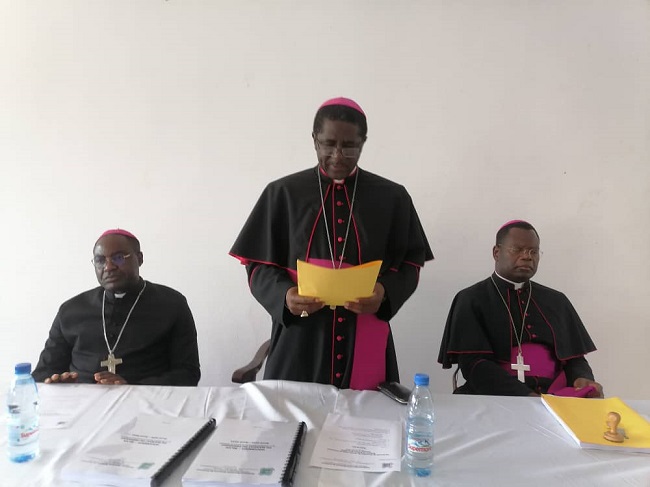

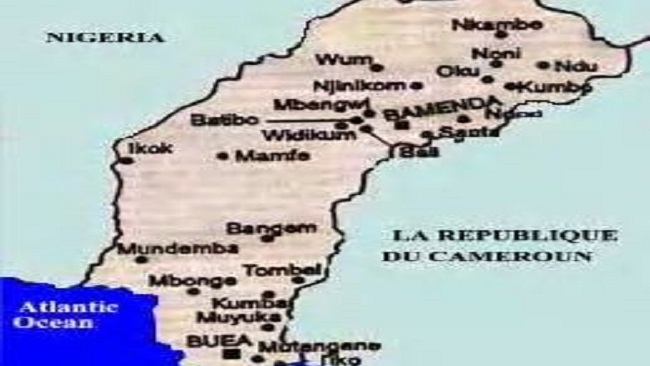
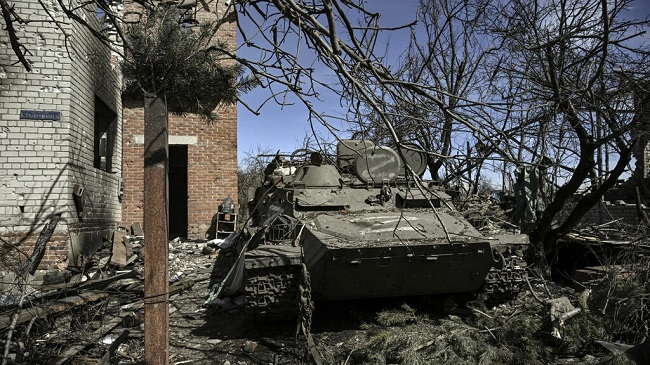
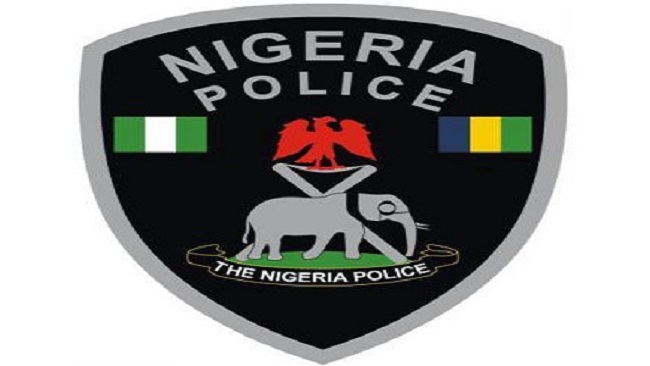
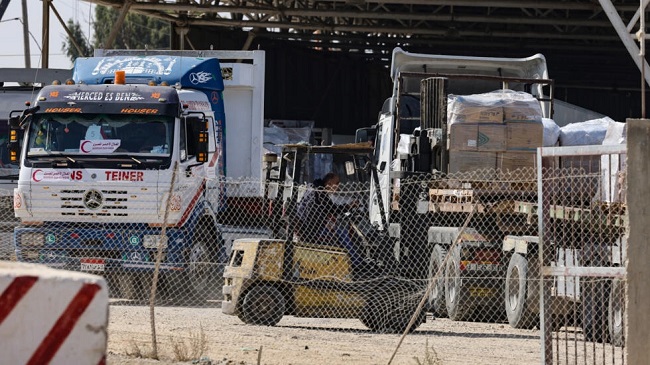


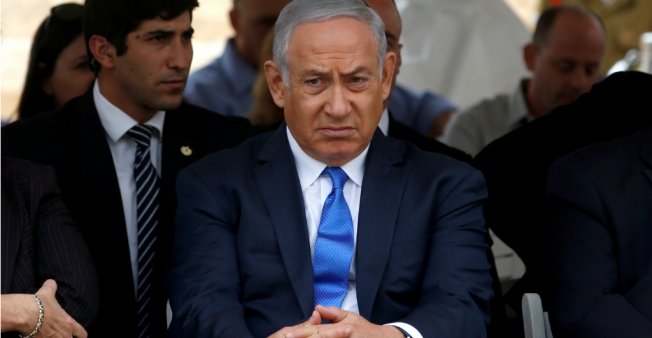













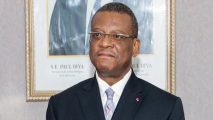



21, March 2025
Cameroon’s displaced population exceeded 1 Million amid persistent violence 0
More than one million people were displaced in Cameroon in 2024, according to a report published in early March by the Norwegian Refugee Council.
The report identified 453,662 displaced people in the Far North region, 583,113 in the Northwest and Southwest regions, and 281,488 refugees from the Central African Republic in the East.
“Although there was no major change in the political situation in Cameroon in 2024, the Far North, Northwest, and Southwest regions remained plagued by persistent armed violence, with significant incidents primarily affecting civilians as well as humanitarian operations,” the Norwegian Refugee Council said in the report.
The Far North region has faced incursions by Boko Haram fighters from Nigeria since 2014, affecting the Mayo-Tsanaga, Mayo-Sava, and Logone-et-Chari departments. The region is also home to the Minawao refugee camp, the country’s largest, hosting nearly 70,000 refugees. Armed separatist groups have conducted attacks in the Northwest and Southwest regions since 2017.
The Norwegian Refugee Council report cited additional factors contributing to the high displacement numbers, including “the increase in fuel prices, accompanied by a rise in the cost of basic goods and services, which has had a significant impact on already vulnerable communities, limiting access to essential goods and services for displaced people, particularly women and children.”
The Norwegian Refugee Council’s 2024 budget in Cameroon totaled nearly 7 billion CFA francs, with approximately 22% provided by the Norwegian Ministry of Foreign Affairs.
Source: Sbbc